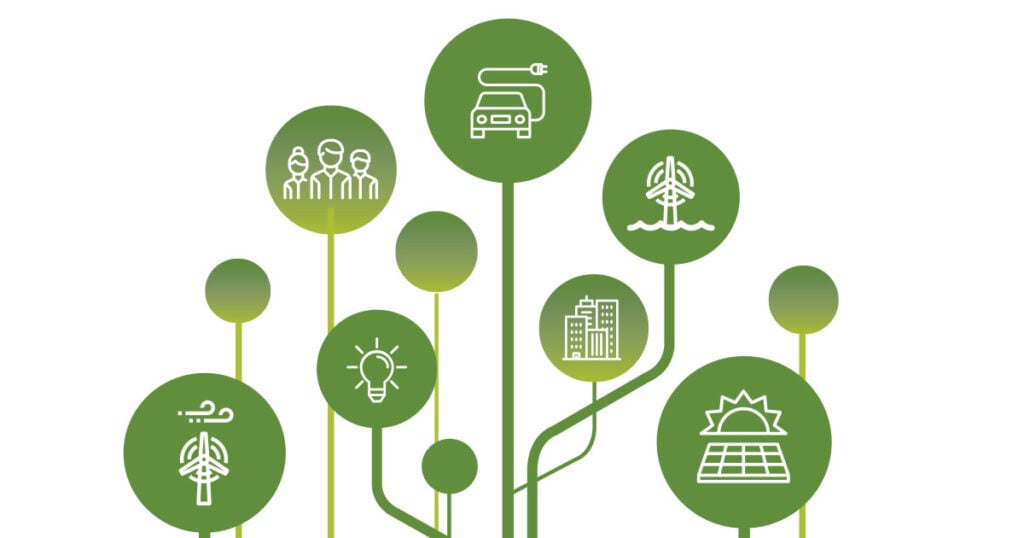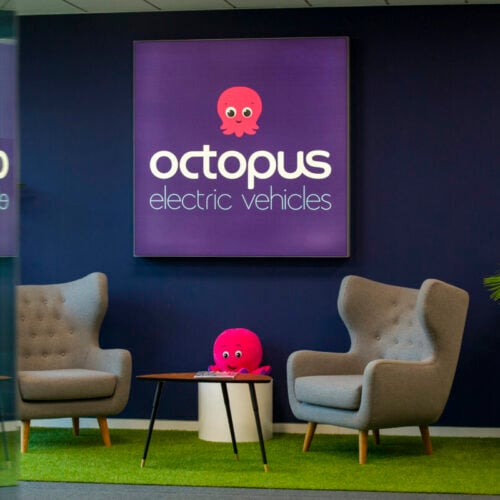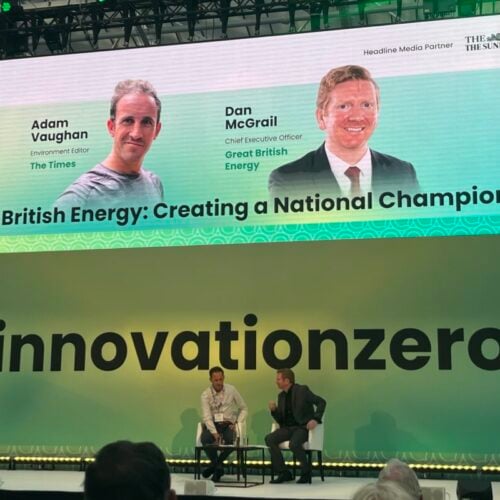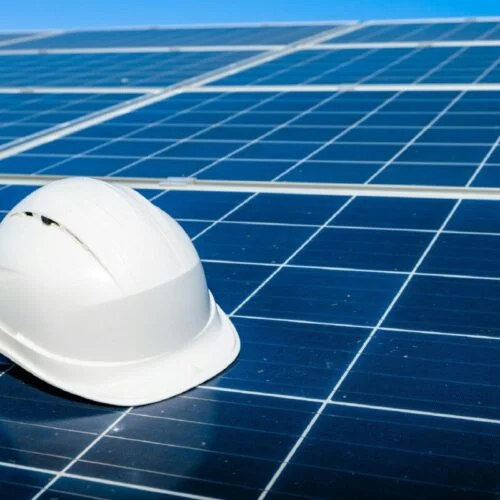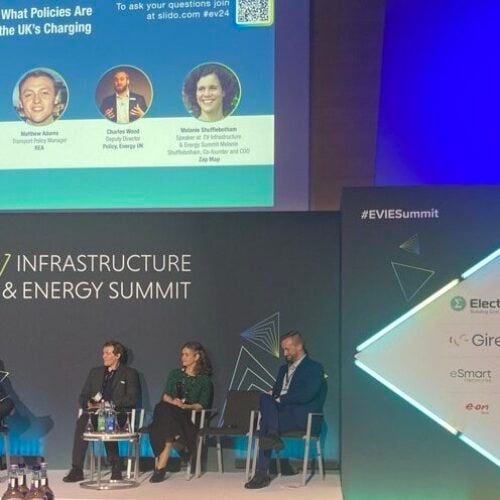An average of over 4,000 EV charge points and domestic heat pumps will need to be installed per day to reach net zero, a target which will require a predicted £48 billion in network upgrades.
This is according to new research from Capital Economics on behalf on ScottishPower and SP Energy Networks (SPEN).
The Zero Carbon Communities report provides a roadmap for local communities to reach net zero, with Liverpool as the first location to take part in the campaign.
Forecasts from Capital Economics predict that the UK will need to install over 25 million EV charge points and almost 23 million heat pumps to meet a 2050 net zero.
The total cost of transforming the UK’s transport and heating systems, as well as upgrading the electricity grid to cope with increased demand is estimated to be £286 billion by 2050. The cost of reinforcing the grid makes up £48 billion of that figure.
The report states that most of that work and investment will need to be in place by 2035.
However, SPEN said it believes there is the potential to “significantly” reduce costs by investing in a planned and strategic way if the framework in which networks operate changes.
ScottishPower is therefore calling on policymakers to devolve power to allow communities to have more say, make plans and investments now to meet needs of communities and ensure all regulation has decarbonisation at its core.
Keith Anderson, CEO of ScottishPower, said the data should be a “wake up call for policy makers”.
“Zero Carbon targets may seem like a long way off, but if we’re to work with communities properly to ensure people aren’t left behind by the green transition, the reality is there’s no time to lose.”
In response, a spokesperson for the Department for Business, Energy and Industrial Strategy said the department shares “the public’s concerns about global warming and the need to act fast to address climate change”.
Pointing to the UK’s net zero target, as well as the reduction in carbon emissions of 45% since 1990 and over half of electricity now coming from renewables, the spokesperson said BEIS is “determined to go even further and faster”, adding that “this government is leading the world” in tackling climate change.
The Zero Carbon Communities campaign was launched in Liverpool, which is predicted to need nearly 600,000 EV charge points installed to meet its net zero target of 2040. The costs of reinforcing the electricity networks in the Liverpool City Region are predicted to be £1.4 billion.
The campaign will be rolled out in other areas served by SPEN – including cities such as Edinburgh and Glasgow and rural communities in Anglesey and Fife – so it can reflect how different locations have differing needs.
Frank Mitchell, CEO of SP Energy Networks, said: “Working in partnership with local councils, businesses, and other stakeholders, Zero Carbon Communities aims to develop a roadmap for regions served by SP Energy Networks in order to help them plan and prepare.”
